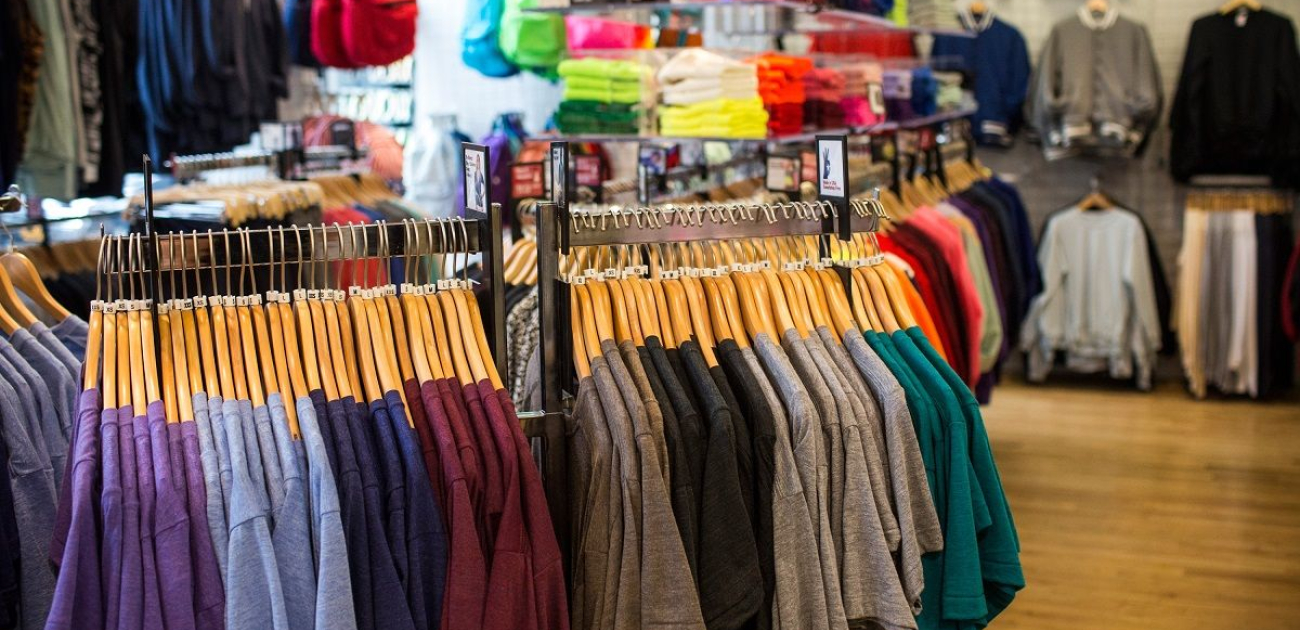What’s Old is New Again: Department Stores Partner with Online-Only Secondhand Apparel Companies
Apparel merchandisers are predicting that resale will soon become a force in the industry and retailers are beginning to take notice. Increasingly, young shoppers are turning to online, resale and rental for their clothing needs and department stores are currently experimenting with offering secondhand apparel as a way to get these customers in the door. In what both parties hope will be a win-win arrangement, brick-and-mortar retailers in the US and abroad have begun to offer floor space to online-only retailers of vintage apparel.
J.C. Penney and Macy’s announced a partnership earlier this month with thredUP, the world’s largest online thrift store. thredUP allows customers to buy and sell used clothing and accessories through their website on a consignment basis. Each retailer will dedicate approximately 500- to 1,000-square feet of floor space in dozens of stores to display and sell curated secondhand apparel and accessories provided by thredUP.
Across the pond, London-based department store Selfridges recently partnered with peer-to-peer social networking and fashion shopping app Depop. Depop allows stylists, designers, vintage sellers and others to connect and buy and sell clothing, sneakers, and more. Selfridges will be hosting a Depop pop-up space that features a curated collection of goods from Depop’s top sellers, with a focus on vintage designer clothing that complements Selfridge’s luxury offerings. Showcasing new and vintage clothing under one roof will also allow current designers to highlight their sustainability efforts, a growing area of consumer awareness. Depop has previously opened up physical spaces in Los Angeles and New York.
Neiman Marcus contends that it was the first major luxury retailer to directly invest in the pre-owned clothing business when it took a minority ownership stake in Fashionpile earlier this year. Fashionpile, like thredUP, allows consumers to buy and sell apparel either directly or on a consignment basis, with a focus on women’s luxury designer handbags, accessories and jewelry. Neiman Marcus decided to invest in Fashionpile after a customer survey indicated that more than 50% of its customers engage in resale. This fall, the retailer will launch shops inside its stores where customers can sell pre-worn designer goods directly to Fashionpile.
It seems likely that this is just the beginning of retailers’ interest in resale clothing and accessories. According to thredUP’s 2019 Resale Report, nearly 9 in 10 retail executives want to enter the resale business by 2020. This is unsurprising given that, according to analytics firm GlobalData, resale has grown twenty-one times faster than the retail apparel market over the past three years and that secondhand clothing is projected to grow to nearly 1.5 times the size of fast fashion by 2028. Traditional brick-and-mortar retailers that are feeling the pressure from changing consumer shopping habits appear to have an opportunity to leverage their strengths and resources to draw shoppers back into stores through these unique partnerships.
Do you want more information?
 Christopher Clements
Christopher ClementsAn attorney in the firm’s Real Estate Group, Chris Clements represents owners, institutional investors, and developers in connection with commercial real estate financing, acquisitions, dispositions, and transactions. He counsels clients through the full range of analysis and strategy, including helping them to understand and utilize economic development, tax, and financing incentives as well as public-private partnerships and special development entities.

